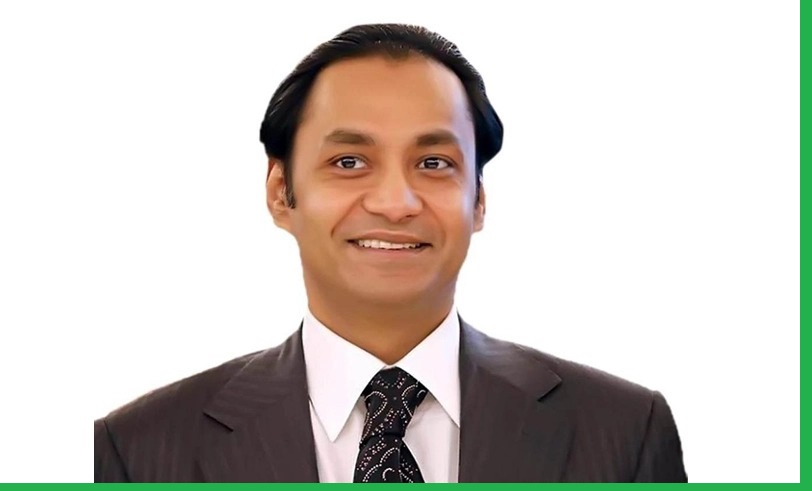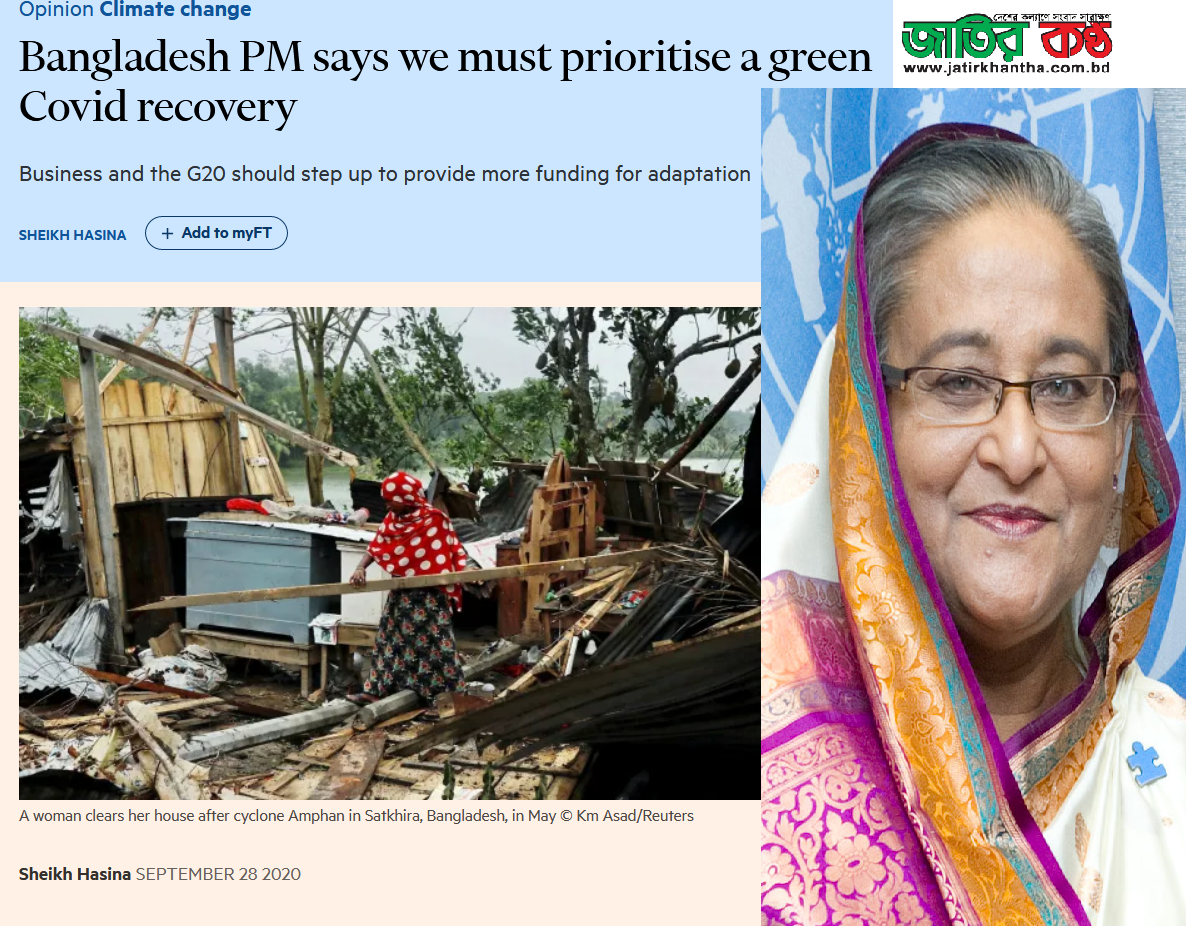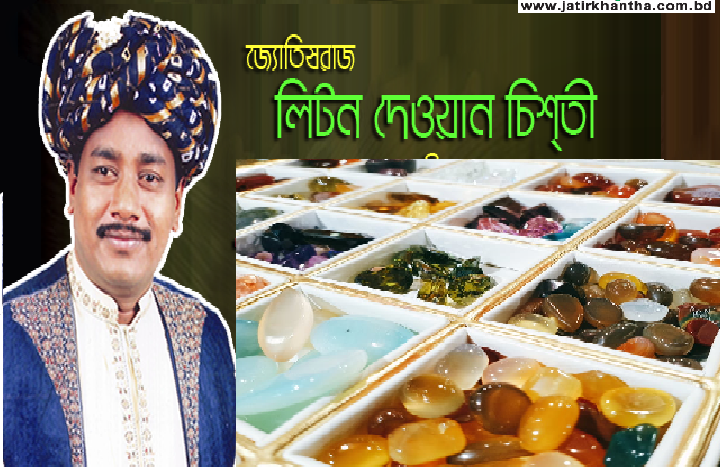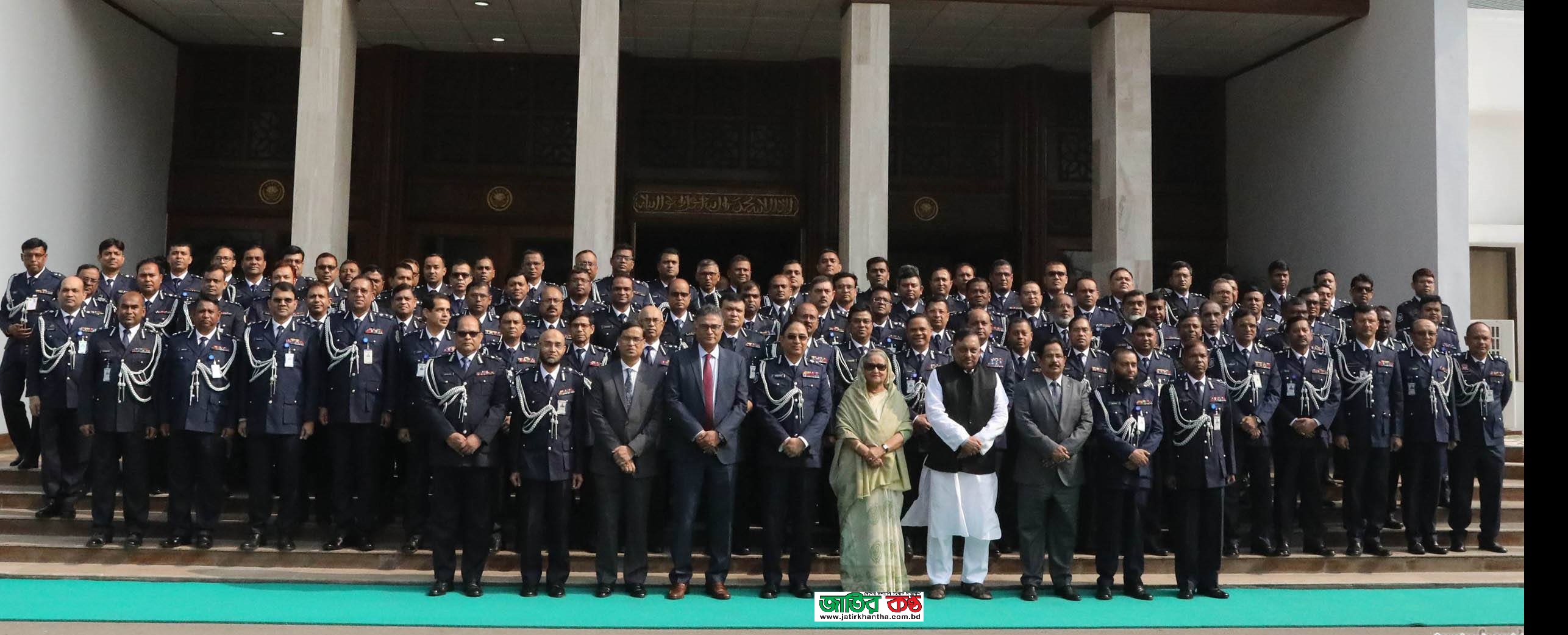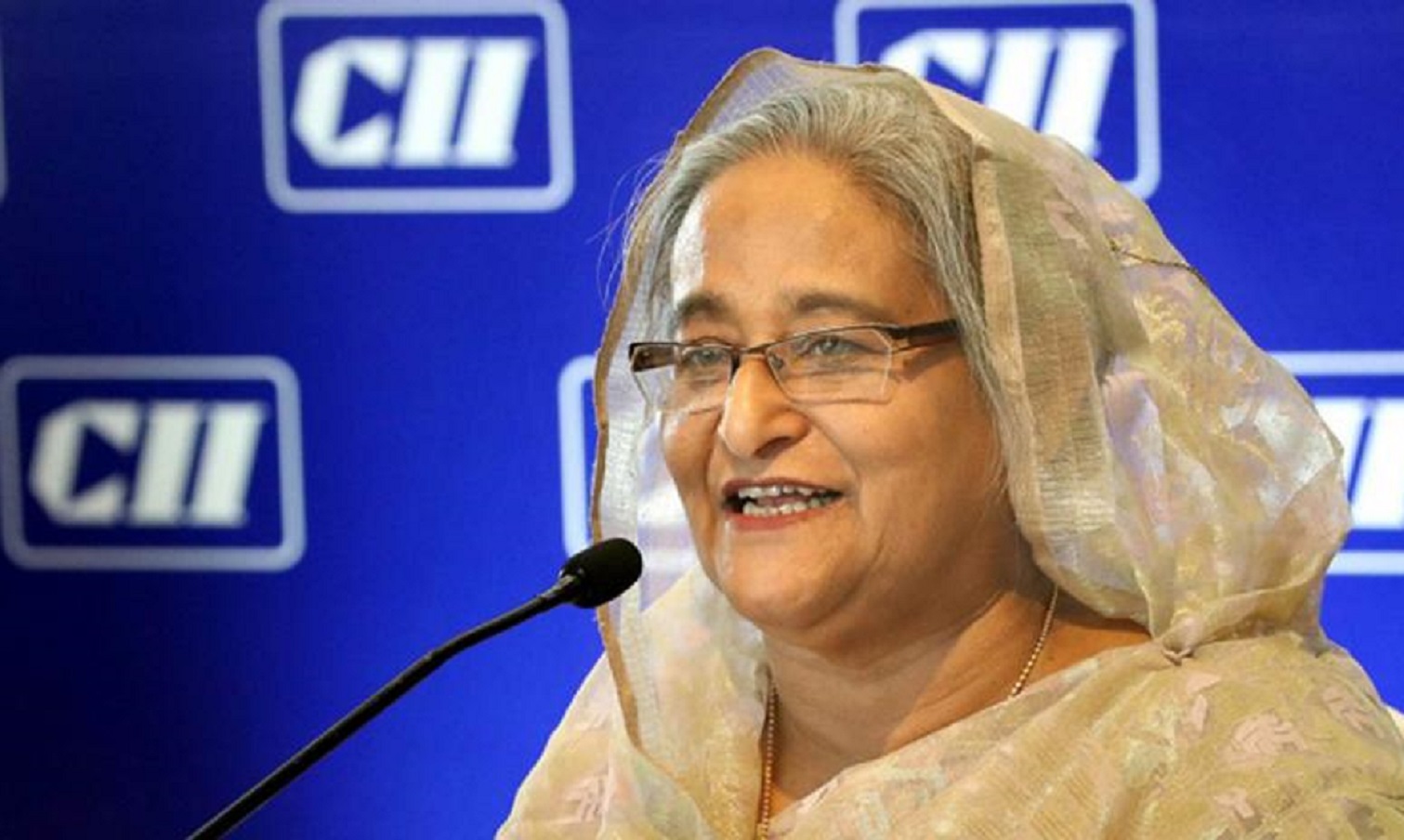If you want to go to heaven, come to Bangladesh-Muhammad Ali during his 1978 visit
S Rahman : Thirty-five years ago, the “greatest” heavyweight boxing champion 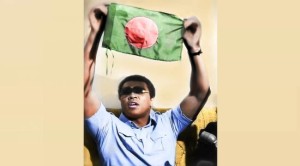 Muhammad Ali (formerly Cassius Clay) visited Bangladesh, then only seven years old at the time, born of a deadly civil war in 1971.
Muhammad Ali (formerly Cassius Clay) visited Bangladesh, then only seven years old at the time, born of a deadly civil war in 1971.
In February 1978, after he had lost the heavyweight title to Leon Spinks, Ali journeyed to Bangladesh with his wife Veronica for a week-long tour.
According to a documentary made of his trip called “Muhammad Ali Goes East: Bangladesh, I Love You,” Ali initially balked at the idea of traveling to the other side of the world, fearing the public’s reaction to his recent defeat in the ring. (Ali wore dark sunglasses not only to protect himself from the sweltering Bengal heat, but also to hide the swelling in his eyes — a brutal gift from Spinks.) However, Ali need not have worried.
Some 2 million delirious fans greeted Ali’s arrival at the airport in the Bangladeshi capital of Dhaka. During his stay in Bangladesh, Ali went to some of the country’s most scenic areas, including the Sundarbans, a world-famous mangrove forest, tiger preserve and UNESCO World Heritage Site; the splendid Sylhet Tea Gardens; the beautiful lakeside town of Rangamati; and the coastal district of Cox’s Bazaar. The champ even received Bangladeshi citizenship, courtesy of a passport, which prompted him to quip: “If I get kicked out of America, I have another home.”
Perhaps the highlight of Ali’s visit occurred at Dhaka Stadium, where he staged a “boxing match” with a 12-year-old Bengali boy who “knocked him out” (to huge cheers and laughs). Ali was also awarded a plot of land in the aforementioned Cox’s Bazaar and had a stadium named in his honor. In the documentary, Ali speaks of returning to Bangladesh and building a home there, declaring “If you want to go to heaven, come to Bangladesh.”
By the late 1970s, Muhammad Ali’s boxing career was approaching an end, but he had ascended to the role of global icon, perhaps the most famous and recognizable man on the planet. Still a controversial and polarizing figure in the U.S., Ali generally attracted waves of admiration in most foreign countries largely for his explicit opposition to the Vietnam War, but particularly in the Muslim world (for his embrace of Islam); and in sub-Saharan Africa (for his promotion of black pride and nationalism). Much to the relief of many Ali-watchers, the boxer had distanced himself from the violent, separatist rhetoric of the Nation of Islam (as his friend Malcolm X did prior to his assassination in 1965). In addition, in a dramatic reversal of his pariah status in the prior decade, Ali was now even embraced by the new occupant of the White House, President Jimmy Carter.
Indeed, Ali had by now become a ‘global statesman’ of sorts, making scores of visits throughout the world. Moreover, he fought some unforgettable boxing matches in underdeveloped countries: in Zaire, now Democratic Republic of Congo (the “Rumble in the Jungle” in 1974), and in the Philippines (the “Thrilla in Manila” in 1975). As such, an impoverished, overwhelmingly Muslim Third World country like Bangladesh welcomed him as a hero.


